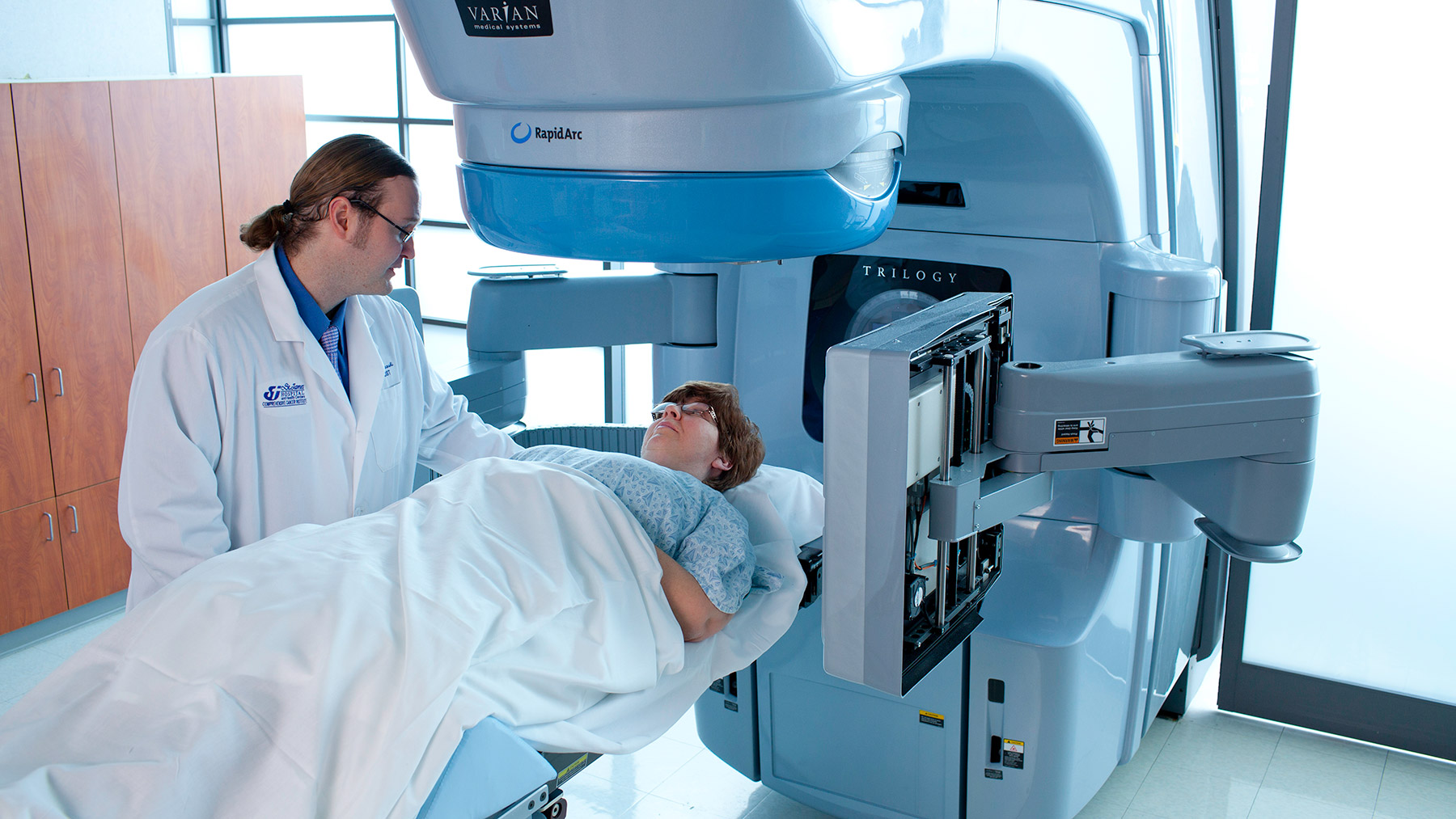Cancer has been gnawing into the lives of millions across the globe. At present, it ranks second on the list of most number of deaths per year after cardiovascular diseases. Researchers have been working tirelessly for the past decade to deduce therapies and treatments that could cure cancer.
The phenomenal work by these scientists and researchers has started bearing fruits with the advent of treatments that could partially treat the disease if not cure it completely. These treatments not only allow the patients to live a few extra years of a healthy life but also postpones the side effects of previous therapies.
A recent development sets another milestone for researchers as they found a new method to prevent the cancerous cells from defending themselves against the chemo-therapies. Recently, a study was undertaken on lab rats, which aimed at blocking the repair pathway of DNA. By doing so, they succeeded in ceasing the cancerous cells from surviving the chemo-therapies or becoming resistant to it.

Does this progress ensure treatment of cancer in the years to come?
Any positive news comes as a ray of hope for cancer patients who are in dire need of treatment. Will the patients finally have a treatment that will be affordable and low on risks? Moreover, the most critical question is, will treatments be the only solution or does healthcare management and other factors play an essential role?
The answer to this is a crucial one. Cancer treatment does not depend solely upon technological advancement but healthcare management, along with a balanced lifestyle.

These treatments are only possible if the hospitals have proper medical technology and availability of high precision diagnostic. Moreover, these types of equipment cannot function on their own but require skilled labour to operate them.
This awakens the needs of healthcare management professionals to adequately back up the advancements in therapies so that the hospitals and medical centres can deliver their best in the treatment of cancer patients.
Skilled labor requirement in the form of doctors and nurses are growing around the world. The newer generation of tech-based healthcare equipment paves the way to the possibility of curing cancer.
Some of the careers that one who is passionate about oncology can pursue are:
CLINICAL NURSE SPECIALIST
These clinical nurses work at managerial positions and mostly form or work with a team. They develop policies as well as procedures that are to be followed at the hospital during treatment. The nurses hold a master’s or doctoral degree and are specialized for nursing practices. Cancer treatment, also known as oncology is one of the fields in clinical nurse specialization, could be adopted.

ONCOLOGIST
Oncologists are physicians specializing in the treatment of cancer who may or may not work in a team to render their services. However, becoming an oncologist is not a cakewalk and requires the person to complete the medical school. They also have to have a residency in internal medicine along with the fellowship in oncology.
RADIATION THERAPIST
A radiation therapist is the one who works upon shrinking the tumor by subjecting patients to certain doses of radiation. These professionals initially take a bachelor’s degree and then require a license or certificate to continue as one. However, each state has a different requirement.
PALLIATIVE CARE
The first question that arises after hearing the term is what that even means. Well, Palliative care aims at relieving the symptoms associated with severe illnesses. It also works upon improving the quality of life of the patients who have been the victims of any dreadful disease.

Palliative care for cancer patients is in the form of treatments like radiations and chemotherapy and requires skilled hands to do so.









